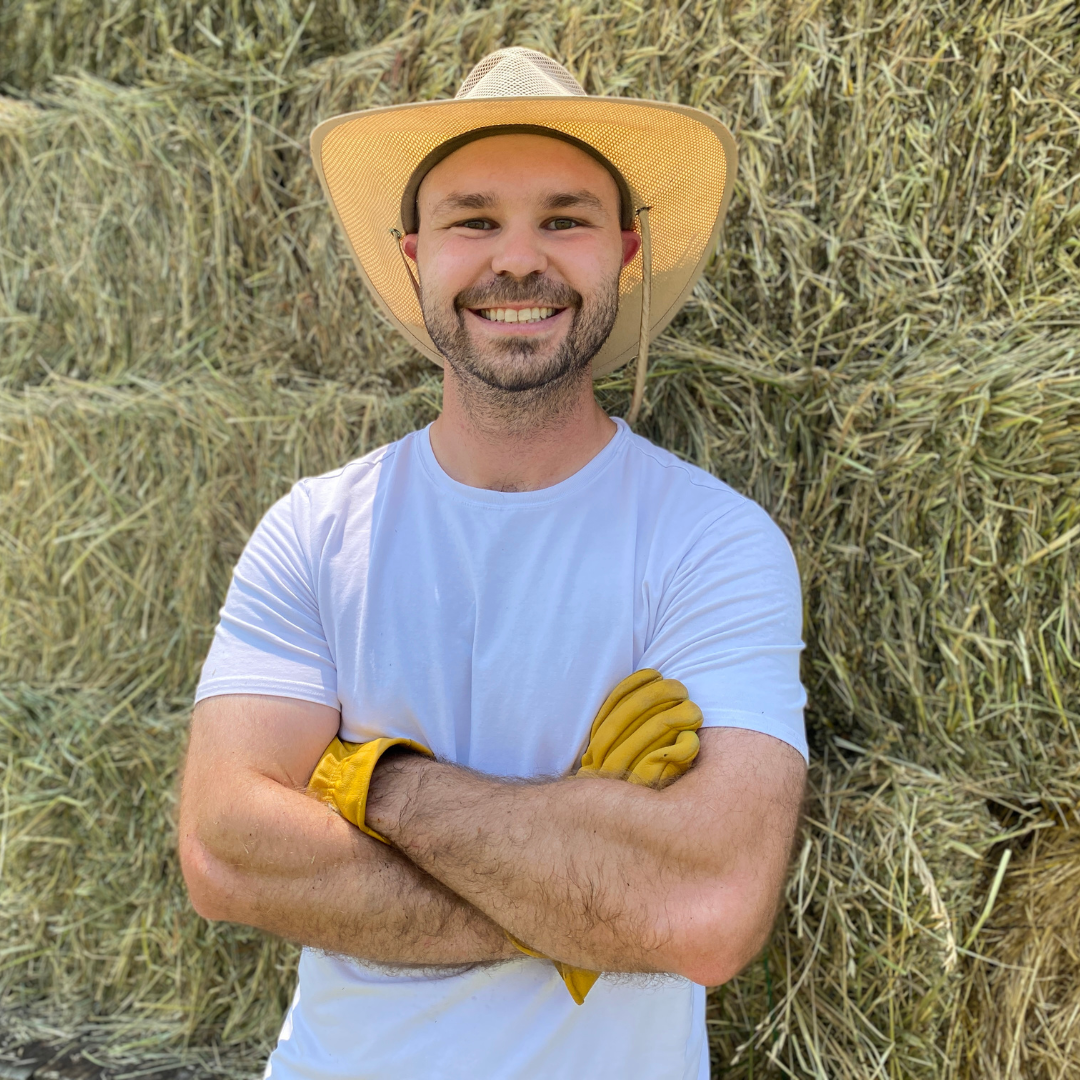New Report Outlines Holistic Vision for Regenerative Agriculture in Virginia
(Washington, D.C.) A new report from American Farmland Trust outlines a holistic vision for regenerative agriculture in Virginia. Titled Regenerate Virginia, the report charts a comprehensive, collaborative, and productive path forward for the Commonwealth’s farms and farmers.
With its diversity of crops, landscapes, and people, Virginia is one of the most important agricultural states in the nation. Yet AFT’s research suggests that the state’s farming future could be at risk.
“We’re seeing some troubling trends across the Commonwealth,” says Jamie Mierau, Director of American Farmland Trust’s Mid-Atlantic regional office and one of the report’s coauthors. Farmland loss from sprawl, low-density residential development, and poorly planned solar installations threatens the agricultural landscape. Data shows that if current trends continue, Virginia could compromise nearly 600,000 acres of farmland by 2040. “That’s a major concern,” continues Mierau. “Once a farm is paved over, we won’t get that land back.”
At the same time, rising input costs and volatile prices make it difficult for many farmers—especially small and midsized farmers—to make ends meet. Aspiring agrarians have trouble accessing land for farming, raising questions about who will tend fields, raise livestock, and grow food. Racial and economic inequities in agriculture persist, and disruptive and destructive weather events are more commonplace.
Regenerate Virginia reckons with these harsh realities in detail. But it doesn’t stop there.
Prioritizing collaboration and cooperation, Regenerate Virginia outlines an action plan to tackle the issues of Virginia farmland loss and land access head-on. Proposing a suite of initiatives that would protect hundreds of thousands of irreplaceable agricultural acres over the next two decades, the plan aims to secure the foundation of farming—land—in the Commonwealth. The report also recommends strategic actions to facilitate land access for a new generation of diverse farmers—and help them thrive.
“Farmland protection and equitable land access are critical issues across the nation for our small acreage farms, and they’re especially important in Virginia,” explains Ebonie Alexander, AFT board member and Executive Director of the Black Family Land Trust, a pivotal partner for Regenerate Virginia. “We’ve got to address them with thoughtful, sustained urgency.”
Ecologically restorative farming systems are the backbone of regenerative agriculture. These systems include practices that improve wildlife habitat and water quality, advance soil health, and help farmers adapt to and mitigate climate change. The report suggests making financial assistance more accessible and providing direct technical support to farmers to promote broad and sustained adoption of regenerative systems. Peer-to-peer networks in which farmers mentor and help one another are also essential to the long-term success of regenerative production in Virginia, according to the report. It’s also critical to ensure regenerative practices truly work for a farm’s business. With the right planning and support, regenerative systems can amplify farm viability, leading to increased profitability over time.
That combination of better practices and economic vitality is key, says Mary Sketch Bryant of the Virginia Soil Health Coalition. “Healthy soils and regenerative practices pay off in more ways than one. Economic and environmental sustainability should go hand in hand.”
With an approach that simultaneously advances regenerative practices, protects farmland, and supports the people and communities who feed and fuel the Commonwealth, Regenerate Virginia highlights the potential for a more equitable, sustainable, and productive future for Virginia agriculture. With the support of visionary donors who have made exciting lead investments in this work, American Farmland Trust and its partners will begin convening conversations, deploying programming, and developing policy to help transform this possibility into reality.
“I’m excited about what Regenerate Virginia could do for communities across the Commonwealth,” shares Matthew Lohr, Virginia’s Secretary of Agriculture and Forestry. “Agriculture is pivotal to our economy, environment, and culture. This plan recognizes and furthers farming’s importance.”
As one farmer noted during a Regenerate Virginia listening session, “Farming is about stewardship. It’s about treading lightly and leaving places better than we found them. We want to have topsoil. We want to have biodiversity. … And we really want to build a place where we can grow and learn from the land in addition to having a profit.”
That description is beautiful. It’s powerful. And if we work together, says Regenerate Virginia, it is achievable.
###
American Farmland Trust is the only national organization that takes a holistic approach to agriculture, focusing on the land itself, the agricultural practices used on that land, and the farmers and ranchers who do the work. AFT launched the conservation agriculture movement and continues to raise public awareness through our No Farms, No Food message. Since our founding in 1980, AFT has helped permanently protect over 6.8 million acres of agricultural lands, advanced environmentally-sound farming practices on millions of additional acres and supported thousands of farm families.





